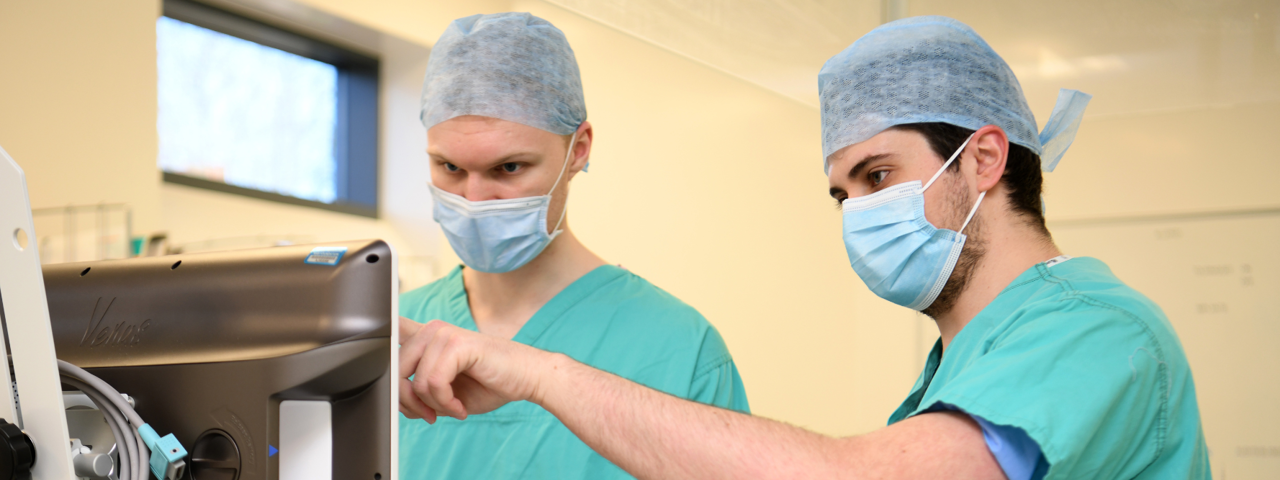Related locations

Pre-Operative Assessment Clinic
Pre-Operative Assessment Clinic (POAC) specialises in assessing patients' fitness for planned surgery for all patients over the age of 16, having either urology surgery, general surgery or orthopaedic surgery. An assessment is valid for 12 weeks.
When patients are informed at clinic that they need an operation, a basic assessment (Triage) needs to be carried out to ensure that they are fit to go onto the waiting list.
Patients will be asked to complete a health screening questionnaire before coming in to POAC.
Alternatively patients who are already on the waiting list that have not been triaged are given a booked appointment to have an assessment by the waiting list officer approximately a month before their date of surgery.
Waiting to be seen
POAC have several different clinics running throughout the day and patients may not be seen in the order that they have checked in at reception. POAC does experience busy periods throughout the week and we advise that patients bring something to occupy themselves with. Patients can bring someone with them to the clinic; however, please be aware that our reception area has limited space.
What to bring with you
It would be helpful if patients bought with them glasses and/or hearing aid if worn and any medication that they are regularly taking. This can either be in the original packaging or a repeat prescription.
Assessment stages
Depending upon your individual fitness and the type of surgery you are having, you may go through various assessment stages.
MRSA testing
All patients will be tested (screened) for MRSA, this will be done at any stage of your assessment. (Patients that are known to have had MRSA in the past will not be screened but given treatment before their admission).
Most of our patients are cleared for surgery at these appointments; however, some patients will not be cleared for surgery and will either need to return to their General Practitioner (GP) for further treatment (usually treatment for urine infections or treatment for high blood pressure) or referred to another department for further investigation or advice (for example cardiology department).

